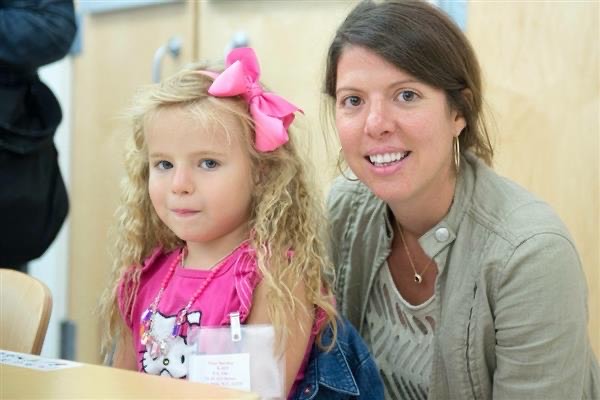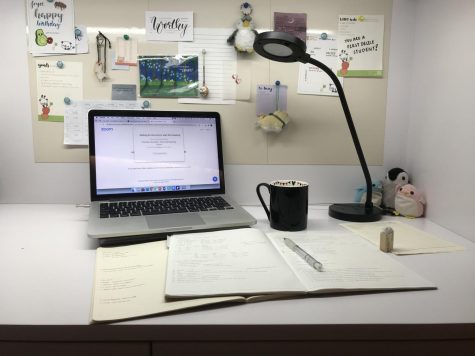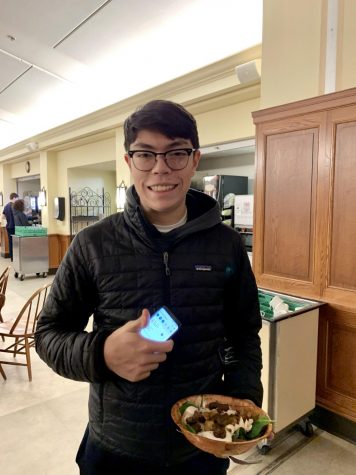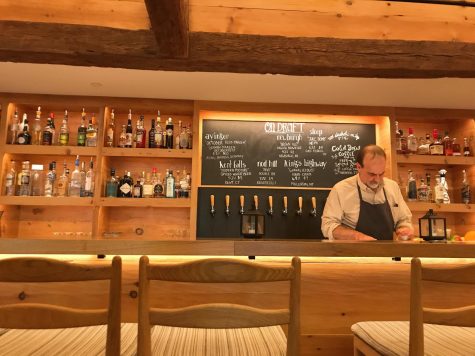Excited about a topic? Think about writing for The Guild!
November 11, 2021
Established in 1956, the Kent School Guild is a group that exists to create a forum for students and faculty to present independent research projects, shared Mr. Klingebiel, the head of the Guild and the Science department.
In academic classes, students usually complete projects assigned by the teacher. However, when students become excited by a particular aspect of their academic work, the Guild is designed to recognize that excitement and to offer students the opportunity to dig deeply into their passion and share their findings with the rest of the community.
In the past few years, Che Rim Kang ‘21 wrote a paper on “Proposing Foundational Principles for a New Design Field Called VPTED,” Haoyang (Andy) Xu ‘22 explored “Albrecht Dürer and the Protestant Reformation: The Complexity of Dürer’s Saint Images,” and Yitong (Ivanka) Shen ‘19 examined “Liensinine Induces Gallbladder Cancer Apoptosis and G2/M Arrest by Inhibiting ZFXInduced PI3K/AKT Pathway.”
The Guild Paper has two parts: a research paper and a presentation. The process is student-driven, and members of the Guild (Mr. Klingebiel, Ms. Prickett, Dr. David Greene, and Mr. McDonough) will judge student papers based on scholarship, level of difficulty, organization, clarity, use of language, and presentation. Additionally, a key element of evaluation is the ability of the candidate to respond to questions about the implications of the subject matter discovered in the paper.
As students prepare to present their paper, faculty advisors help guide students by proofreading or editing their writing and giving suggestions to their ideas. Since the Guild Paper invites students from all disciplines, the standard for every Guild Paper differs, Mr. Klingebiel explained. A programming paper looks different from one on history or literary analysis. For science, students can present a research paper (with fieldwork and data) or a literature review (in which they summarize their discoveries in a field of interest).
“This creates an atmosphere in school where intellectual pursuit is encouraged and stimulated,” Mr. Klingebiel smiled.






